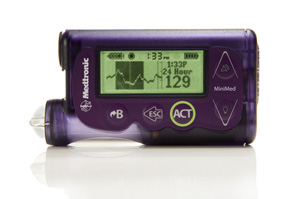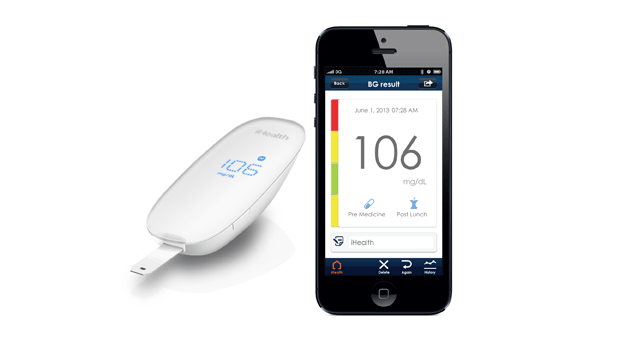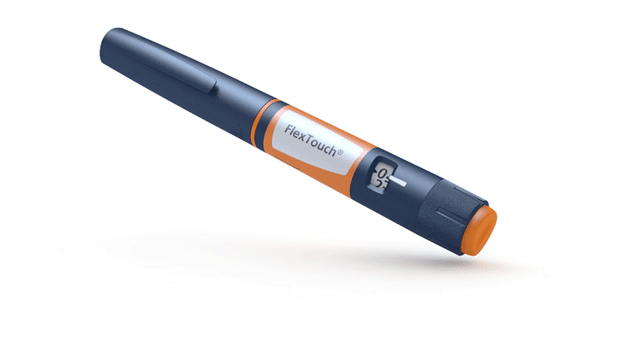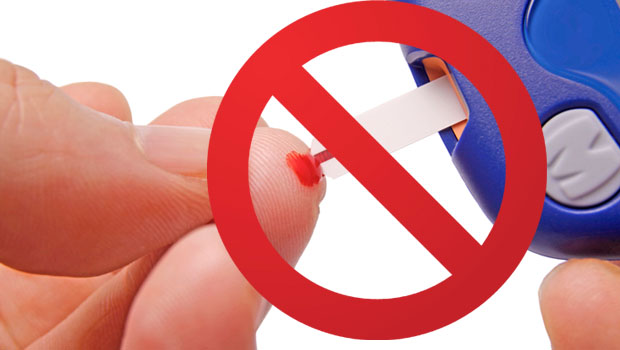JDRF bets that Pandion Can Help
Shifts paradigm for autoimmune disease treatment from systemic to targeted/localized immune modulation to increase therapeutic effectiveness

We spoke with Anthony Coyle, Ph.D., Co-founder and CEO of Pandion Therapeutics which is located in Cambridge Massachusetts. This interview was stimulated by the JDRF announcement of their investment in Pandion.
Paradigm Change
Pandion is trying to shift the paradigm for the treatment of autoimmune diseases from systemic immune suppression to targeted and localized immune modulation and to restore the body’s normal balance. The goal is to increase therapeutic effectiveness while mostly eliminating the side effects of immune suppression.

The appreciation that tumors use a number of natural pathways to disarm the immune system, led the founders to take these insights about the tumor microenvironment and apply these learnings to a wide range of autoimmune diseases.
T1D Applications
The immediate focus of the JDRF investment is to evaluate existing Pandion molecules for T1D applications using a locally acting engineered form of interleukin-2 (IL-2) to expand and activate Treg cell populations and thus stop pancreas damage in newly diagnosed people. A second stage approach would develop novel islet-specific tethers so the immune rebalancing process could be highly targeted and even more effective.
A longer-term objective would be a treatment that could be administered to children at risk of developing T1D to rebalance their immune system before any real damage to the pancreas has occurred.
“Pandion is positioned to shift the paradigm for treating inflammatory and autoimmune diseases by developing therapeutic antibodies that act at the local site of disease, offering the potential for significantly improved therapeutic options beyond systemic immunosuppressive treatments”, said Anthony Coyle, Ph.D., President and CEO of Pandion Therapeutics. “While the initial focus of the company has been to develop treatments for inflammatory bowel disease as well as liver and kidney disorders, the investment in Pandion of capital and expertise by the JDRF T1D Fund will allow us to accelerate the development of new therapeutics for patients with T1D”, said Dr. Coyle.
“We believe Pandion Therapeutics is uniquely positioned for success in the T1D space given their world-class team and strong preliminary data in other autoimmune disease disorders that the company has seen through its preclinical work,” said Jonathan Behr, Ph.D., a Managing Director at the JDRF T1D Fund — https://t1dfund.org/ “Tissue-targeted delivery has been a key area of focus for the Fund and we are excited to support the company as it seeks to develop islet-targeted immunotherapies for stronger and safer T1D drugs.”
Company
Pandion Therapeutics – https://pandiontx.com/ – is a biotechnology company developing a pipeline of antibody therapeutics to achieve localized immunomodulation for autoimmune and inflammatory diseases and transplantation. The company’s proprietary technology platform enables the design of bispecific antibodies with targeting fragments that bind to specific tissues at the local site of inflammatory disease, coupled with effector molecules that modulate immune activity to restore immune homeostasis.
Pandion was founded in 2017 and closed a $58M Series A financing round in early 2018 with funding from Polaris Partners, Versant Ventures, Roche Venture Fund, SR One, and BioInnovation Capital.
The amount and terms of the JDRF T1D Fund investment in Pandion are not public but JDRF’s endorsement of Pandion’s approach is important.







